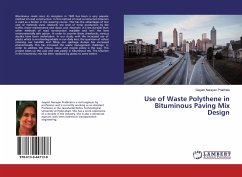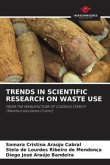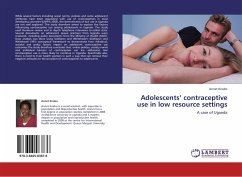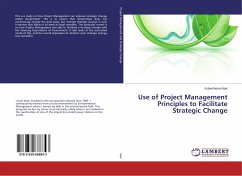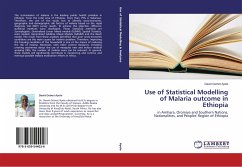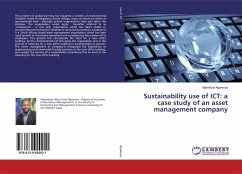Bituminous roads since its inception in 1920 has been a very popular method of road construction. In this method of road construction bitumen is used as a binder in the wearing course. This has the advantages of low cost of materials used, relatively low level of noise production by the traffic, lower maintenance and repair cost. However, it is less durable than other methods of road construction available and isn't the best environmentally safe option. In order to counter these drawbacks, various studies have been undertaken. In our study, with the increased use of plastic which is non-biodegradable in our daily lives, the quantum of refuse entering our landfills and filling our garbage dumps has increased phenomenally. This has increased the waste management challenge. In order to address this misuse, reuse and recycle policy is the way. This project takes up this case and uses plastic in bituminous mix. The bitumen in the bituminous mix has been replaced by plastic to some extent.
Bitte wählen Sie Ihr Anliegen aus.
Rechnungen
Retourenschein anfordern
Bestellstatus
Storno

